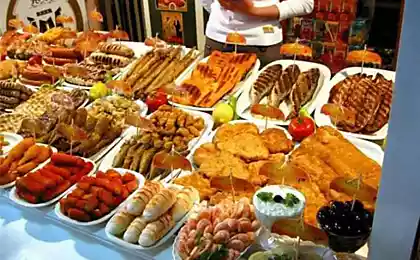160
Rational shopping list in case of an unexpected situation
Practice shows that in case of danger of an epidemic or a natural disaster, the population in panic often begins to sweep everything from the shelves, including completely unnecessary things.
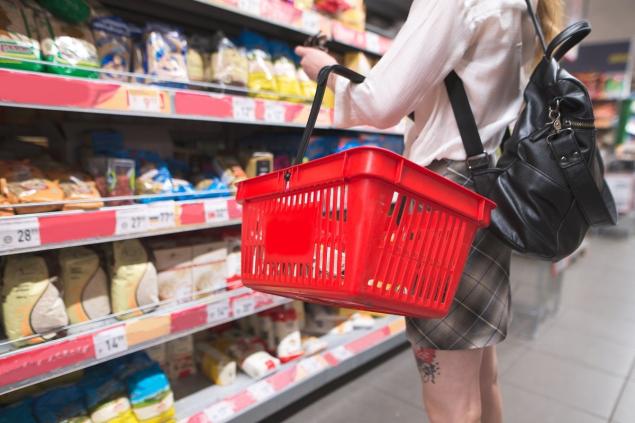
With common sense, "Site" Try to make the best shopping list in case of an unexpected situation. No panic, just a rational approach.
List of products for the week Required food-stock It is determined based on the available mouths multiplied by the assumption of the time of unavailability of store purchases.
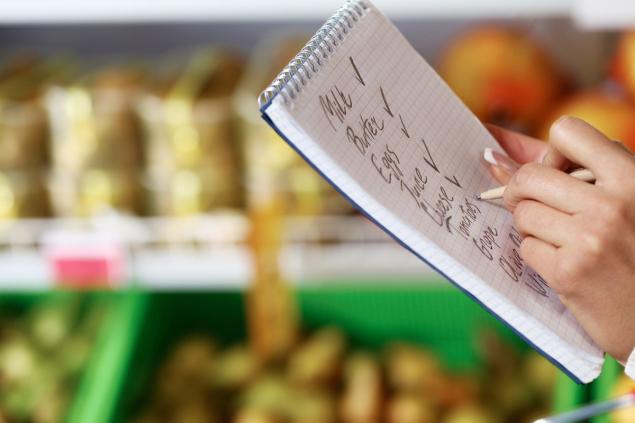
For example, average flooding or snow drifts can cut you off from the world for one to two weeks. Serious natural disasters require a reserve of a month, and wars or cataclysms – from several months to a year.
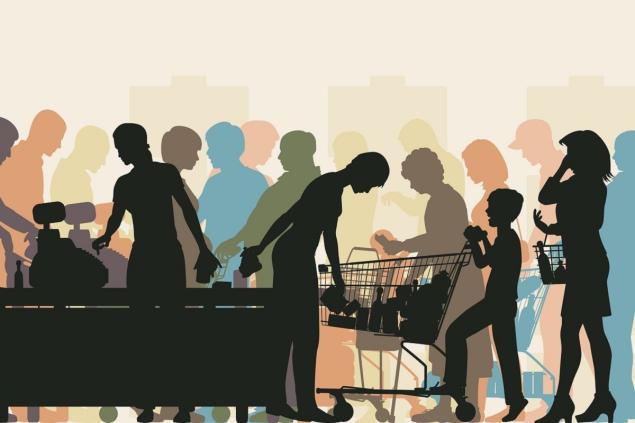
In case of an outbreak of infectious diseases, you should buy products so that you do not need to visit stores with a large number of people.
The German authorities have published list of necessary items and products a 10-day quarantine due to the spread of COVID-19. The list of products was compiled based on the daily consumption of an adult 2200 kcal.
For each person, it is recommended to stock up on 20 liters of drinking water, 2.5 kg of nuts and canned vegetables, 3.5 kg of rice, cereals, potatoes, pasta, 4 kg of canned fruits and dried fruits, 1.5 kg of eggs, egg powder, fish, meat, 2.6 kg of milk and dairy products, 0.4 kg of vegetable oil.
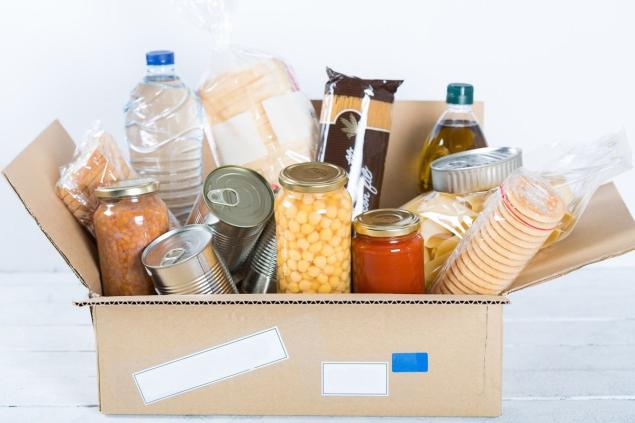
All products should have a long shelf life, if possible, without a refrigerator. That is, no semi-finished products and frozen products that will spoil without electricity. Let’s go through the list a little more.
By the way, earlier we shared with readers the pros and cons of preparing a large number of dishes in advance, as well as an approximate menu for a family for a week.
In addition to products in case of quarantine, it is recommended to stock up on a minimum set of basic medicines, candles, a flashlight, a gas burner, batteries, a disinfectant.

With common sense, "Site" Try to make the best shopping list in case of an unexpected situation. No panic, just a rational approach.
List of products for the week Required food-stock It is determined based on the available mouths multiplied by the assumption of the time of unavailability of store purchases.

For example, average flooding or snow drifts can cut you off from the world for one to two weeks. Serious natural disasters require a reserve of a month, and wars or cataclysms – from several months to a year.

In case of an outbreak of infectious diseases, you should buy products so that you do not need to visit stores with a large number of people.
The German authorities have published list of necessary items and products a 10-day quarantine due to the spread of COVID-19. The list of products was compiled based on the daily consumption of an adult 2200 kcal.
For each person, it is recommended to stock up on 20 liters of drinking water, 2.5 kg of nuts and canned vegetables, 3.5 kg of rice, cereals, potatoes, pasta, 4 kg of canned fruits and dried fruits, 1.5 kg of eggs, egg powder, fish, meat, 2.6 kg of milk and dairy products, 0.4 kg of vegetable oil.

All products should have a long shelf life, if possible, without a refrigerator. That is, no semi-finished products and frozen products that will spoil without electricity. Let’s go through the list a little more.
- Water.
Water is needed for our body, cooking and hygiene needs. During a natural disaster, there may be no water at all, or it will be dirty, contaminated, unfit for drinking.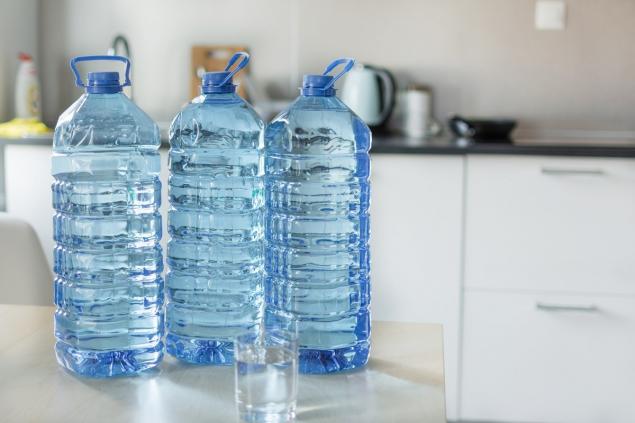
- Nuts
Each variety of nuts has a reserve of nutrients, vitamins and minerals. Mixtures of nuts, seeds, dried fruits are also good, they do not spoil for a long time and perfectly satisfy hunger, charge us with energy.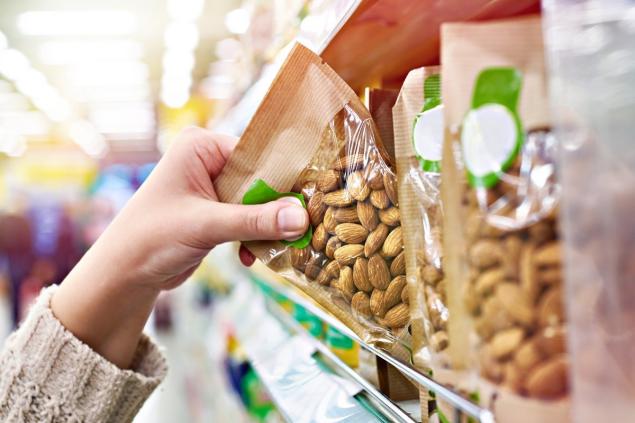
- Canned meat and fish
It is best to stock up on canned tuna. Tuna meat is oily, without small bones and is highly valued for its highest protein content among fish.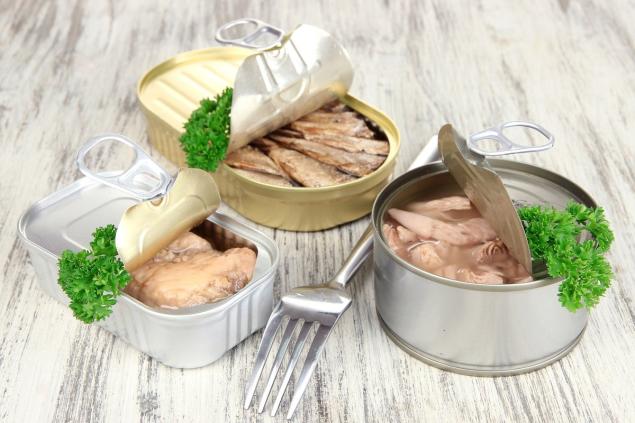
“Sea veal,” as the chef’s tuna is called, has exceptional taste qualities and contains approximately 120 kilocalories per 100 grams of product. - Croups.
Croups are the survivalist's best friends. It is recommended to store them in plastic bottles or cans.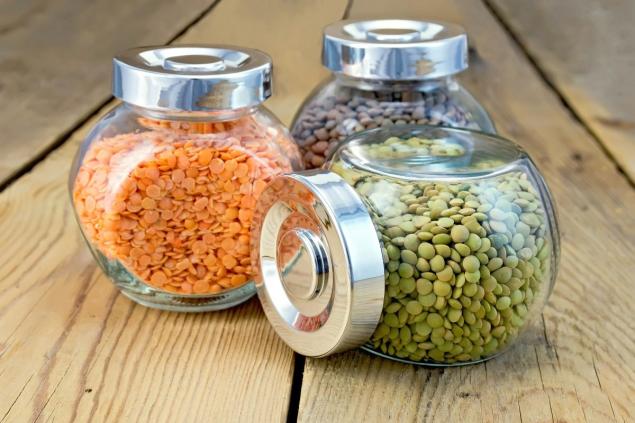
Quite an acceptable price and high nutritional value distinguish between legumes and white rice, which can be stored in a sealed jar for up to 30 years.
But other cereals without loss of nutritional value can be stored much less. Buckwheat - up to 20 months, semolina, barley and oats - up to 14 months, millet - no more than 4 months. - Canned fruits and vegetables
Canned vegetables have a long shelf life, and they do not require special storage conditions, and therefore become a good choice in difficult times.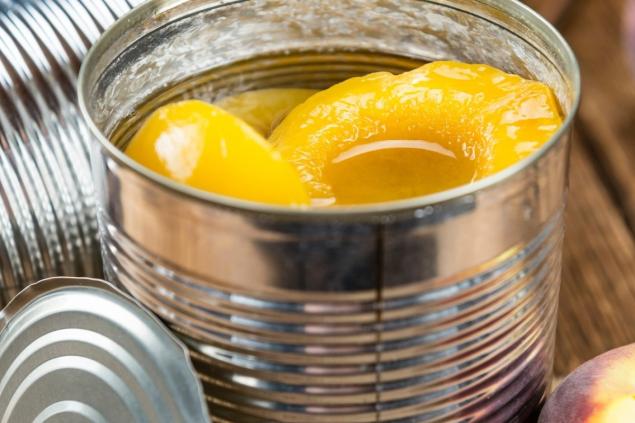
- Dried milk
Not the most delicious product, but it is this we drink, buying packaged milk with a long shelf life. The advantages include the fact that powdered milk in sealed packaging can be stored for years.
By the way, earlier we shared with readers the pros and cons of preparing a large number of dishes in advance, as well as an approximate menu for a family for a week.
In addition to products in case of quarantine, it is recommended to stock up on a minimum set of basic medicines, candles, a flashlight, a gas burner, batteries, a disinfectant.





